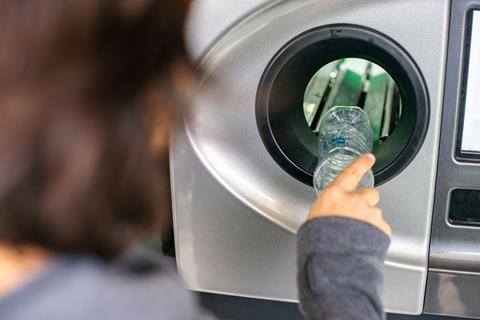
Supermarket bosses have been accused of wildly exaggerating the costs of a UK-wide deposit return scheme in an attempt to torpedo the plans.
Leading soft drinks industry sources told The Grocer research from the BRC, claiming the plans would cost the industry £1.8bn a year to run, was “ridiculous.”
One source said: “The figures are straight out of Alice in Wonderland. The BRC has come up with estimates of costs which not only throw in the kitchen sink, but a kitchen sink which was made of 24-carat gold.”
The Grocer revealed last month that supermarkets were poised to come out against the plans. At the weekend, the BRC officially called on the UK government to scrap the planned October 2025 rollout of DRS, warning of huge costs it said would “inevitably” be passed on to consumers.
Its estimates claim the cost to retailers in England would be more than £200m alone just in installing the necessary network of reverse vending machines, with the total cost across all countries soaring to nearer £2bn a year.
The BRC has called on ministers to go back to the drawing board with the plans and carry out a “fundamental rethink” of its resources and waste strategy, which could include a much more limited pilot of DRS schemes rather than a UK-wide rollout.
The call follows Defra’s decision to postpone other landmark environmental policies, including extended producer responsibility (EPR) and mandatory food waste reporting, because of the economic crisis.
Supermarkets pointed to the collapse of the pioneering scheme in Scotland, which left the scheme administrator Circularity Scotland Limited owing creditors in the industry nearly £90m, a figure it said would be dwarfed if something similar happened in the rest of the UK.
“The proposed deposit return scheme is costly, complicated and cannot deliver the step-change in recycling needed to justify it,” said BRC director of food & sustainability Andrew Opie.
“By driving up costs by almost £2bn per year the government risks pushing up prices for ordinary households, just as inflation is coming down.”
However, drinks industry sources accused retailers of trying to exploit events in Scotland and the cost of living crisis in an attempt to kill off DRS.
“The BRC has scented blood with the delayed announcement to EPR and now it sees a chance to do the same with DRS,” said one.
“I think their plan seems to be if they can convince ministers this will put up prices it will allow them to kick the can down the road indefinitely.”
The source claimed the timing of the BRC’s intervention was deliberately planned to sabotage ongoing talks between the industry and the UK’s governments about the next moves in creating a joint DRS system.
They warned supermarkets that killing DRS would “come back to bite them with a vengeance” when it came to retailers trying to hit their sustainability targets.
However, even DRS supporters admitted it was “only a matter of time” before ministers wee forced to abandon hopes of an October 2025 DRS launch date, due to the continued division both between politicians and the bitter split within the industry.
The BSDA , which represents drinks giants such as Coca-Cola, Pepsi and AG Barr, also called on the government to push ahead with the scheme.
“We continue to support the introduction of a DRS system, operating effectively across all parts of the UK to help deliver the increase in recycling and reduction in littering and waste which the public clearly supports,” said director general Gavin Partington.
“The government must first introduce its household collection and packaging levy reforms so that it can assess the best way forward on a DRS. On its current course, it will be consumers who will pay the price of this unnecessarily hasty, expensive and complex scheme.”







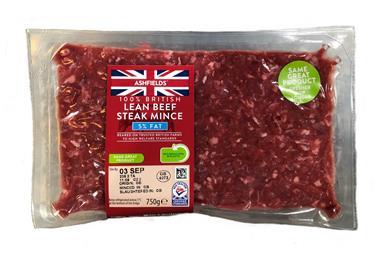
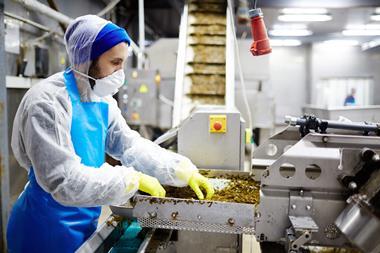
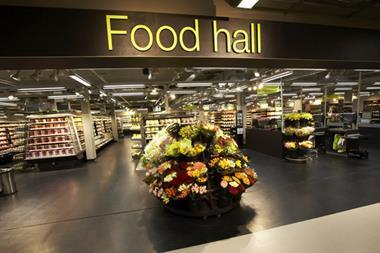
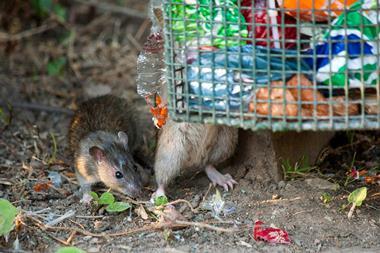
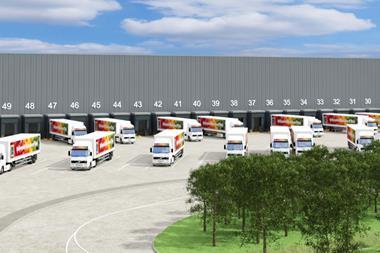
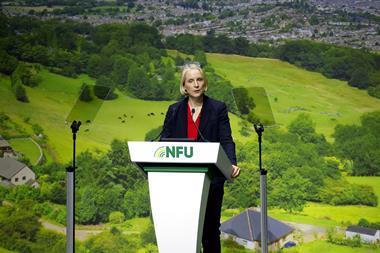
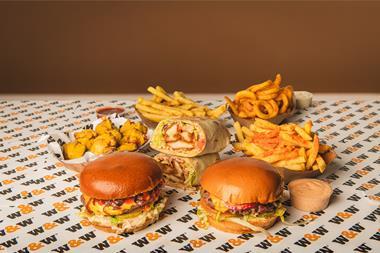




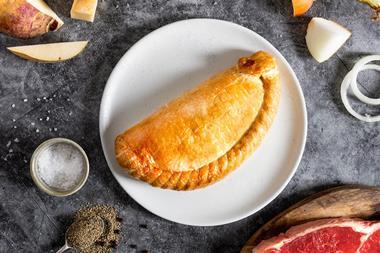
No comments yet